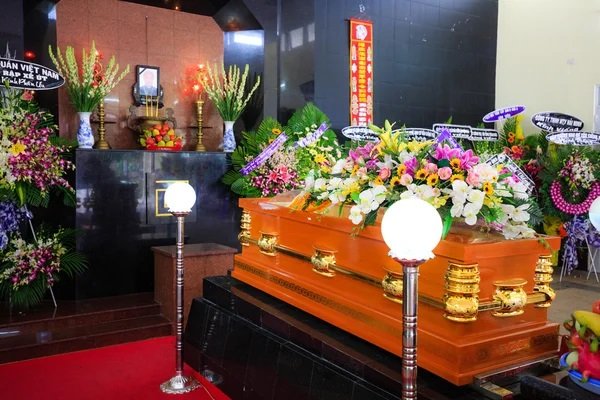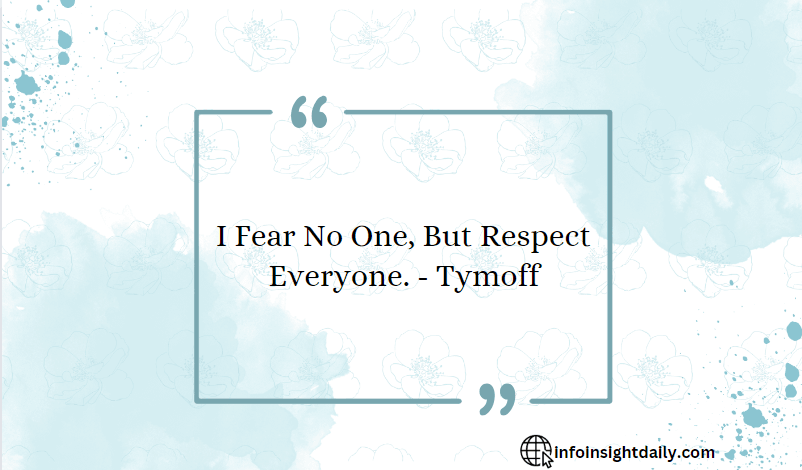Despite Singapore being an environment that is fully developed and modern, Singaporeans have not lost touch with some of the traditions when it comes to paying tribute to their dead or mourning some of their close relatives or friends. Singapore’s Funeral services are intertwined with an advanced technological solution and rich ethnic customs embrace the multi-ethnic country. This guide takes a look at the different aspects of organising a funeral in Singapore, unveiling information about the services offered and the culture that surrounds the funeral process.
Understanding Funeral Traditions
The country is multiracial, having the Chinese, Malays, Indians, and Eurasians, and the method of burial may differ due to the race represented. It is for this reason that the customs of mourning across different cultures play an important role in organizing a decent funeral service. A funeral service in Singapore must therefore be thoughtfully planned to respect the diverse traditions and practices of its multicultural population.
Chinese Funerals: Chinese funerals are colourful and lengthy, and can span from a few days to a week, depending on the type. common practices are the conference of papers, chanting and the lighting of joss sticks. Pre-burial ceremonies are normally conducted at the family’s rescue or a funeral parlour, enabling relatives and friends to pass their condolences.
Malay Funerals: Due to the Islamic religious convictions of the Malays, the funeral is typically brief, with the burial done within 24 hours of demise. It includes the reading of scriptures, and the use of prayers and recitations from the Quran, and is conducted at a Mosque or the family residence of the deceased.
Indian Funerals: Hindu funerals involve activities focused on the soul of the deceased to attain its liberation known as moksha. While the body is often cremated, there are other rituals which are performed alongside the river or the sea where the ashes are dispersed. The dead bodies are buried or cremated based on the faith and culture of the Indian communities; Sikhs and Christians follow their rituals.
Christian Funerals: The Christian funeral across various denominations in Singapore may not be uniform but a typical funeral service in the Christian tradition will have a wake, then a church service, and then burial or cremation. Sermons, hymns, prayers and eulogies are the typical motifs of these services.
Key Considerations When Planning a Funeral
Organizing a funeral is a process that centres on a complex of choices and preparations. Here are some key considerations to keep in mind:
Type of Service: To perform a burial or cremation, assess whether the deceased has specific requests or not, religious life, and family values. Singapore does however have cemeteries and crematoriums scattered throughout Singapore which include Choa Chu Kang Cemetery and Mandai Crematorium.
Venue: Arrange for the venue where the wake and funeral service will be held. Places where the CDFSS can be held are the family house, in the void decks, in a funeral parlour or any religious place.
Legal Requirements: The official document which should be procured includes the certificate of cause of death (CCOD) issued by a doctor or police. This certificate is required to make the arrangements to make funeral arrangements and to register the death with the Immigration and Checkpoints Authority (ICA).
Funeral Costs: Although there are guidelines on the cost of funerals in Singapore, it is not fixed and may be higher depending on certain options chosen. The funeral provider to explain the pricing options of the value to be delivered to meet the families’ needs.
Cultural Sensitivities: Care needs to be taken on cultural or religious observances when making arrangements for the funeral. Any peculiarity that relates to these customs should be properly managed by a service provider who understands the various rites and customs.



